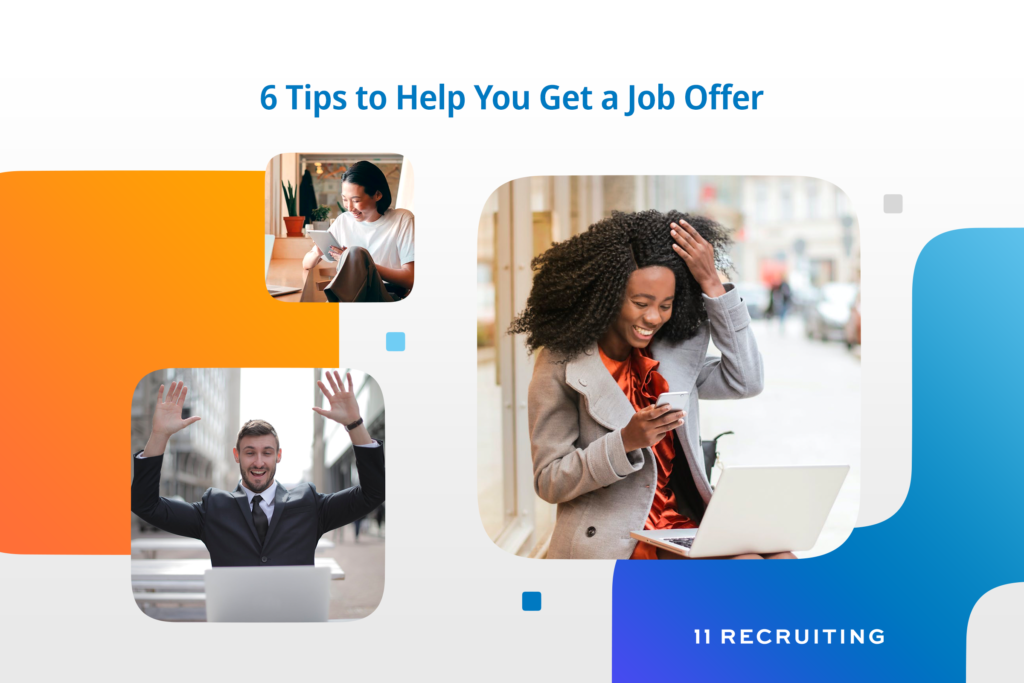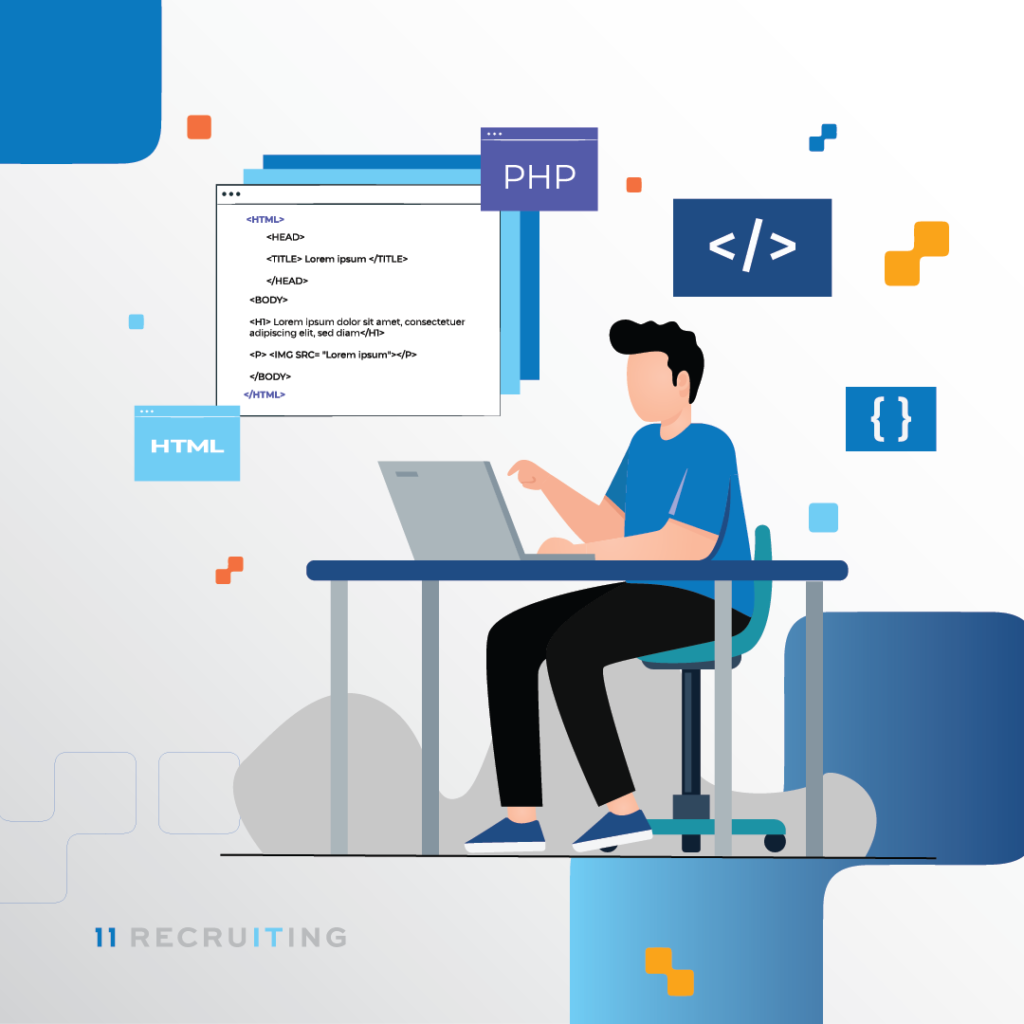
Accepting a job offer can be challenging for people going to their first interviews. It’s a delicate balance between knowing how to make a good first impression while clearly stating what you’re looking for when you get employed.
Practice is the most effective way to manage your fears but that alone is not enough. You must also be well-calibrated for your interview. I’ll show you down below how you can best prepare yourself to get better chances of receiving an instant job offer.
What is a Job Offer?
Most of you might already know what a job offer is all about but a surprisingly huge amount of applicants today have misconceptions about what it really is. This is why I wanted to explain this matter once and for all.
A job offer is just what it sounds like; an offer. This may arrive as a formal letter, an email, or even a call. Now, I want to highlight that it’s not a contract. An offer letter is a company’s expression of interest in hiring you.
You must also know how to accept a job offer. Think of it as an invitation for you to sign a contract. Without a signed employment contract, you’re not yet officially employed.
Job offer v.s. Employment Contract
- Job title – The title appears in both an offer letter and a contract. It’s imperative that before you accept either, the job title must be clearly written.
- Job description – In most cases, the job description is written only in the contract. Offer letters are often short, concise and sometimes informal.
- Salary and bonuses – the salary can be found in borth an offer and a contract. However, the bonuses are usually reserved for the contract with clear details on how to be eligible for the said bonuses
- Location of work – The location and terms of work can appear in both documents however, the employers can reserve this information from the offer letter. With the aftermath of recent events, remote work has also been an option for this matter. It’s best to ask for specifics right at the job offer.
- Allocated hours – The number of hours or days goes hand in hand with the salary. This information is clearly written on both documents. If you don’t see this in the offer, you have the right to ask for the information as part of your protection as an employee.
- Leaves and benefits – you’ll find this information in the employment contract with full details on it’s coverage and eligibility for the benefits. Job offers usually just have the leaves, some employers may opt to omit this part. It’s best to talk to your recruiter about this information as well.
- Restrictive clauses – Company rules and regulations are often found in the employment contract since signing the said document means that you are to follow the rules attached with it. Also, this information is often pages long so it won’t really fit into a job offer
Frequently Asked Questions
How many interviews before a job offer?
According to legaljobs.io, the average number of interviews you can go through is between 2-3. However, this number can vary depending on the position you’re applying for and the hiring company.
Fortune 500 companies would have a series of panel interviews before giving a job offer to a candidate. It starts with the HR specialist, to the Hiring Manager, then The Department Manager (the department of the job you’re applying for). For higher positions such as managers and executives, an interview with the CEO or other high ranking officers might be included.
Do employers offer you the job during an interview?
Getting an offer during an interview isn’t really common for most mid to senior roles. Entry level positions have a higher chance of getting an offer especially when the applicant shows promise. On average, candidates have around a 37% chance of getting a job offer after an interview.
However, this still depends on factors such as the status of the company, how your interview went, the skills and experiences you have, and the urgency of the position.
How long does it take to get a job offer after an interview?
On average, it takes about 20-40 days for an employer to give a job offer. This may vary based on different factors such as the number of applicants, the quality of competition, and the seasonality of your application.
6 Tips to Get a Job Offer a Job Offer During the Interview
While there is no fool proof way to get a job during the interview, there are a couple of things that you can do to boost your chances. The following tips focus on guiding you to better position yourself for the interview and make the best impression on the hiring managers.

Prepare to Make a Good Impression.
In preparing for your interview, an important tip you need to consider is dressing appropriately. Whether you like it or not, appearance matters. According to Brian Swider, assistant professor of organizational behavior at Georgia Tech Scheller College of Business, first impressions make up about 25% of job interview scores.
Contrary to popular belief, first impressions last. Of course, you will still undergo a fair standard procedure of interviews and tests but when it comes to choosing a candidate for the position, candidates with great impressions often land the job.
What you would want to do is to do a quick research of the company and the job position you’re applying for. Gauge the type of environment they value and prepare that kind of energy (both in appearance and in action) for the interview.
Lead with a proper introduction.
Getting a good first impression doesn’t end in your appearance. The first few seconds of the interview is crucial in building an image in the minds of the interviewer. The way you greet and introduce yourself, the way you seat, and your eye contact matters
After entering the room and making eye contact with the hiring manager, a proper introduction can set the tone and momentum of the interview. Before the pandemic, a firm handshake might have been the best way to establish rapport. However, as long as you professionally introduce yourself and exude positivity and confidence, you’re bound to get noticed.
Use your body language just as much as your words.
Don’t underestimate the power of body language. It delivers a subtle but powerful message. It’s highly unlikely for a recruiter to present a job offer to someone who presents themselves without confidence and with poor body language.
These non-verbal communication techniques give your interview an edge. You want to make sure you are comfortable during the interview. Putting your shoulders down, maintaining good eye contact, and using affirmative hand gestures all shows signs of assertiveness, honesty, and knowledge of a specific subject matter.
Respond to questions and ask questions.
Interviews are a great way to learn more about the company you’re hoping to be a part of. When answering the interviewer’s questions, be coherent and direct with your response. If something’s not making sense to you, don’t feel intimidated to ask.
Ask about things that the company doesn’t readily reveal to their applicants. Like the way they handle conflicts, approach their work, set boundaries, and the like. Recruiters usually see this as a positive sign that you’re taking an interest in your potential workplace.
Keep the interview in a two-way exchange. Not only does this entertain them, but you’ll also get to learn a lot about the company.
Make your ending statements memorable.
Be prepared to end on a positive note. Reiterate your strengths and why you are the ideal candidate for the role. The goal of an interview is for the recruiter to know you’re a great fit for the company. So, it just follows that you should leave something memorable.
Regardless of the outcome, you should make sure that you position yourself correctly. You might come across the interviewer at some other point in your career or in a different setting. Keeping your doors open is the kind of foresight you need to excel in your professional life.
Thank the interviewer.
Being cordial and polite should be your default attitude, and for a good reason. Thank the interviewer for their time and give one or two insights that you took from the discussion.
If you are lucky enough to receive a job offer during the interview, ask the interviewer for their availability to answer follow up questions you might have.
If you did not receive an offer, you’re not out of the race yet. If they see you as the best candidate, you might receive a call from the company.
Conclusion
It’s okay not to know everything on the spot, but you should have a decent grip on what to expect through preparation. Use the interview as an opportunity to leave a memorable impression.
Regardless of the outcome, learning from your mistakes will only improve your approach in the following interview. Apply to as many interviews as you want. The skill set you are bound to learn from them is invaluable.
You don’t have to do it alone. Eleven Recruiting can support you land your next job offer. Let us help you find what’s right for you

